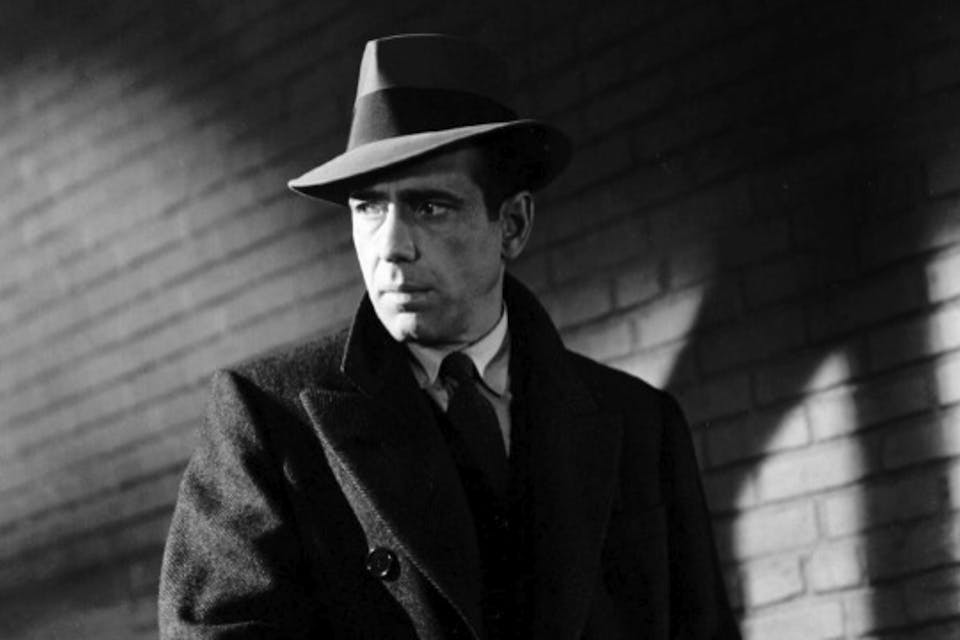
December 12, 2023
Does the Slang Word “Shamus” Come from the Yiddish “Shammash” or the Irish “Seamus”?
The long-running case of the word for private detective can finally be considered closed.
As we Hanukkah-candle lighters know, the candle that is used to light all the other candles but is not itself counted as one of them is called the shammash. The word denotes a servant or helper in classical Hebrew but assumed a pair of more specific meanings in the late Middle Ages—that of the auxiliary Hanukkah candle, and that of the sexton or beadle of a synagogue. In Yiddish, this became shammes, with the Hebrew accent characteristically moving from the last to the next-to-the-last syllable and the final Hebrew shin uncharacteristically changing to an “s.”
Has shammes also led another, semi-secret life in yet another language? Already in the middle of the last century, the suggestion was made that the English slang word “shamus” comes from it. Some etymologists thought this likely. The generally reliable Wentworth-Flexner Dictionary of American Slang (1960), for example, which defines a shamus as “a policeman, [and] increasingly, a police, hotel, or private detective,” had this to say about it:
Very common, especially in detective fiction, since about 1930. The spelling “shamus” is much more common than other forms [such as “shammus,” “shamos,” and “shommus”]. Probably from the Hebrew shomus [sic], a caretaker or synagogue watchman, reinforced by Irish proper names Shamus and Seamas. The most common pronunciation rhymes with Thomas, but the Irish of New York City pronounce it “shay-mus.”